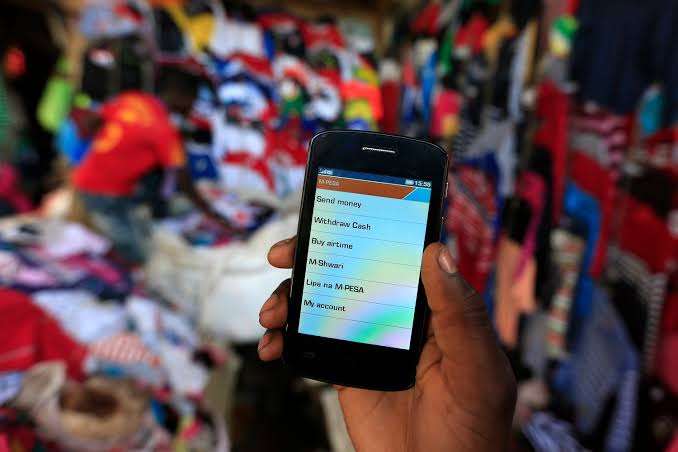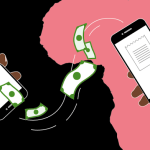Across the continent, the idea of a bank is changing. Fintechs in Africa are doing what traditional banking never could: reaching people where they are, in the language they speak, and in the currency of everyday needs.
In a continent where over half the adult population remains unbanked or underbanked, fintech is filling gaps long ignored by legacy financial institutions, offering tools for saving, borrowing, investing, and paying that are built for African realities.
To understand where the industry is headed, Techparley spoke with everyday users to understand how these platforms are changing the way they save, spend, and survive.
Fintech as Daily Life
For Sarah Dada, fintech is more than just a convenience. A 24-year-old university student based in Lagos, Nigeria, Sarah juggles lectures with her side hustle: hand-making and selling beaded jewellery.
But unlike her peers who rely on traditional banking apps or cash, Sarah’s entire business runs through her mobile phone.
“I use these platforms to collect all my money,” she says. “Whether I’m at school, in the hostel, or at home during break, I can send my customers a payment request or receive transfers instantly. No trips to the bank, no counting change.”
The simplicity of mobile payments has not only helped her avoid the risks of carrying physical cash but also empowered her to track her earnings in real time.
“Before, I used to forget who paid and who didn’t,” she added. “Now, I just check my history and see everything — name, amount, time. It’s like my personal accountant.”
Agnes Chinedu, a mother of two, says one of her friends introduced her to these platforms, and it’s been an exciting process for her.
“They didn’t ask me for payslips or anything. Just questions on my phone,” she says. “I paid back, and they gave me more next time.”
Now, Agnes uses the same fintech to save towards school fees, and even pays suppliers through a wallet linked to the service.
“It’s not just for young people. Even us older ones can use it. That’s why I trust it. It works every time,” she added.
What the Numbers Say
Africa is home to billions of people, and this population presents not just a market, but a massive opportunity for financial innovation.
According to Statista, Africa’s fintech market revenue is projected to grow exponentially to $65 billion by 2030.
This reflects more than just digital transformation. It signals a shift in how Africans interact with money, credit, savings, and insurance. This growth is not only attracting the bulk of investor capital but also producing some of the continent’s most influential fintech startups.
Risk, Regulation, and Reality
While users praise the speed and ease of fintech tools, many also express concerns about fraud, app failures, and lack of customer support.
Still, adoption hasn’t been without friction. Many users remain wary, scared of fraud, confused by digital interfaces, or simply unaware of what these services can offer.
“I once lost ₦5,000 because I typed the wrong number,” says Shola, a tailor in Ibadan.” Others complain about delayed transactions, network glitches, or platforms that change fees without notice.
Experts say that user education remains a critical gap. So do transparency and trust. For fintechs hoping to go mainstream, these aren’t just technical issues—they’re existential ones.
“Building technology is the easy part,” says Sarah. “Now getting people to trust you with their money takes local understanding and long-term commitment.”
What’s Driving the Boom?
According to experts, what sets fintechs in Africa apart isn’t just the technology, it’s the way it bends around reality. Many of the continent’s fintech tools don’t require a smartphone or a stable data connection.
“Fintech is no longer just part of the tech ecosystem in Africa,” says Joseph Akinwale, a fintech researcher. “It is the ecosystem. It touches every small business, household, and informal worker trying to do more with less.”
According to him, the next frontier of African fintech will likely include deeper vertical integration, where fintechs don’t just handle payments but embed themselves in healthcare, agriculture, logistics, and retail.
“We’ll see more cross-border platforms, more voice-enabled tools. We may also see the rise of pan-African regulation and fintech coalitions working together, not just competing,” Joseph added.
For him, the bank of the future won’t be a bank at all. It will be a phone. And in that moment, fintech becomes more than a tool. It becomes freedom.





